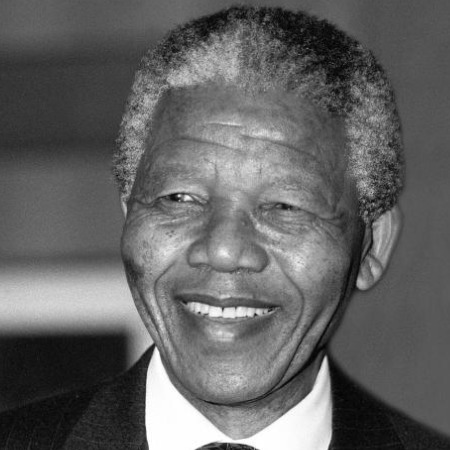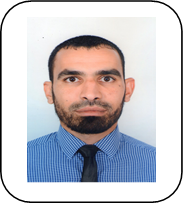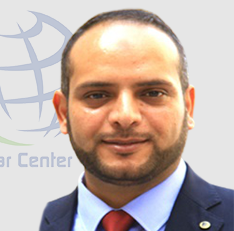Mandela International Day
What is the Nelson Mandela International Day?
Nelson Mandela International Day (or Mandela Day) is an annual international day in honour of Nelson Mandela, celebrated each year on 18 July, Mandela’s birthday. Mandela Day is a global call to action that celebrates the idea that each individual has the power to transform the world, the ability to make an impact.
The message behind the Nelson Mandela International Day campaign is simple – that each individual has the ability and responsibility to make an impact through public service. The call to action is clear: take action, inspire change and make every day a Mandela Day.
In this day, Pillar Centre for Conflict Resolution, International Arbitration and Scientific Research is shedding the light on one of the high humanitarian causes and crisis in the African continent and the Middle East.
Poverty as the First SDGs.
By 2030, Africa will represent approximately 87 percent of the global poor; the main hotspots outside Africa will be Haiti, Papua New Guinea, Venezuela, Afghanistan, and North Korea. Today, four countries already have poverty rates of below 3 percent: Equatorial Guinea, Gabon, Mauritius, and Seychelles. Currently, Mauritania and Gambia are projected to join this group by 2030.
It is obvious that the world is not on the track to ending extreme poverty by 2030 as it is supposed according to the UN SDG 2030. Due to the spread of the COVID-19 pandemic in the whole world, the world is anticipating another economic fallout even worse than the Great Depression (1929-1933). Pillar Centre for Conflict Resolution, International Arbitration and Scientific Research expresses its concern on the economic impacts of the COVID-19 that started to appear in the whole world. It calls for powerful protection systems to safeguarding poor people, everywhere.
COVID-19 Impact on Achieving UN’s SDGs.
According to the UN statistics, Southern Asia and sub-Saharan Africa are expected to see the largest increases in extreme poverty, with an additional 32 million and 26 million people, respectively, living below the international poverty line as a result of the pandemic. As of April 2020, recommended or required workplace closures around the world affected 81 per cent of employers and 66 per cent of own-account workers, severely limiting jobs and income.
This requires a serious interact from decision makers and global organizations. Assuming the pandemic remains at levels currently expected, the poverty rate is projected to reach 8.7 per cent in 2021.
Global Actions.
Pillar Centre for Conflict Resolution, International Arbitration and Scientific Research calls on governments, global organizations and NGOs to contribute to the social and economic security of the development countries, by contributing in improving living the values and principles of the great leader Nelson Mandela for the rights of all people living in the whole world and the affirms democratic values of human dignity, equality and freedom for all.
“Overcoming poverty is not a charitable task; it is an act of justice. Poverty, like slavery and apartheid, is not natural. It is man-made and can be overcome and eradicated by man-made measures. Sometimes a generation is destined to be great. And you can be this great generation.”- Nelson Mandela.
-Department of Studies and Media











Leave a Reply